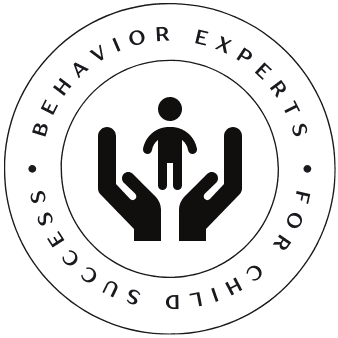
Unlocking the Power of Cultural Identity, Diversity, and Equity in Education

Posted July 31st, 2024
Understanding and appreciating cultural identity, diversity, and equity are crucial in today's educational landscape. These concepts are more than just buzzwords; they are integral to creating inclusive and supportive environments for all students. Embracing these values can lead to enhanced communication, stronger relationships, and more effective educational outcomes.
Cultural identity refers to the sense of belonging to a particular group or culture. It encompasses various aspects such as language, religion, ethnicity, traditions, and values. Recognizing and valuing cultural identity is essential for fostering a sense of pride and self-worth among students.
The Role of Cultural Identity in Education
In the classroom, acknowledging students' cultural identities can enhance their engagement and participation. When students see their cultures reflected in the curriculum and classroom activities, they feel respected and understood. This recognition can lead to a more inclusive and dynamic learning environment.
Diversity refers to the presence of differences within a given setting, including race, ethnicity, gender, sexual orientation, socio-economic status, and more. In education, diversity is a strength that can enrich learning experiences and broaden perspectives.
Benefits of Embracing Diversity
Embracing diversity in schools leads to numerous benefits. It encourages critical thinking, fosters mutual respect, and prepares students for a globalized world. Moreover, diverse classrooms promote creativity and innovation as students learn to approach problems from various angles.
Equity in education means ensuring all students have access to the resources and opportunities they need to succeed, regardless of their backgrounds or circumstances. This concept goes beyond equality, which assumes that treating everyone the same is fair. Equity recognizes that some students may need additional support to achieve the same level of success.
Implementing Equity in Schools
To implement equity, schools must identify and address systemic barriers that disadvantage certain groups of students. This involves providing targeted resources, creating inclusive policies, and fostering an environment where all students can thrive.
Integrating these principles into educational practices requires a multi-faceted approach. Here are some strategies to consider:
Curriculum Development
Develop a curriculum that reflects the diverse backgrounds of the student body. Include literature, history, and examples from various cultures. This approach helps students see themselves in their education and fosters a deeper understanding of others.
Professional Development
Provide ongoing professional development for educators on cultural competency, diversity, and equity. Training can equip teachers with the tools and knowledge to create inclusive classrooms and address biases.
Inclusive Policies
Establish policies that promote inclusion and equity. This might include anti-bullying policies, support for English language learners, and accommodations for students with disabilities.
Community Engagement
Engage with the community to understand the cultural backgrounds and needs of the students. This can involve parent-teacher associations, community meetings, and partnerships with local organizations.
Implementing cultural identity, diversity, and equity in education comes with challenges. However, with thoughtful planning and commitment, these can be addressed effectively.
Overcoming Resistance
Resistance from staff, students, or the community can be a significant barrier. Address this by fostering open dialogue, providing education on the benefits of diversity and equity, and demonstrating successful case studies.
Resource Allocation
Ensuring equitable resource allocation can be challenging, especially in underfunded schools. Advocate for fair funding and explore partnerships with community organizations to supplement resources.
Measuring Success
Measuring the success of diversity and equity initiatives can be complex. Utilize both qualitative and quantitative methods, such as surveys, focus groups, and academic performance data, to assess impact and make informed adjustments.
Embracing cultural identity, diversity, and equity in education is not just beneficial—it is essential. These principles create a more inclusive, engaging, and effective learning environment for all students. By implementing thoughtful strategies and addressing challenges head-on, educators can make significant strides toward a more equitable education system.
For those interested in learning more about integrating these principles into educational practices, we invite you to reach out to us at (425) 633-6161 or via email at [email protected]. Together, we ca n foster a more inclusive and supportive educational environment for every student.
Get in Touch
Ready to transform your school's approach to behavior support and inclusion? Contact us today to schedule a consultation and discover how Burgio Educational Consulting Services can help your school create a more inclusive and supportive environment for all students.
Contact Us
Telephone
(425) 633-6161Contact
[email protected]